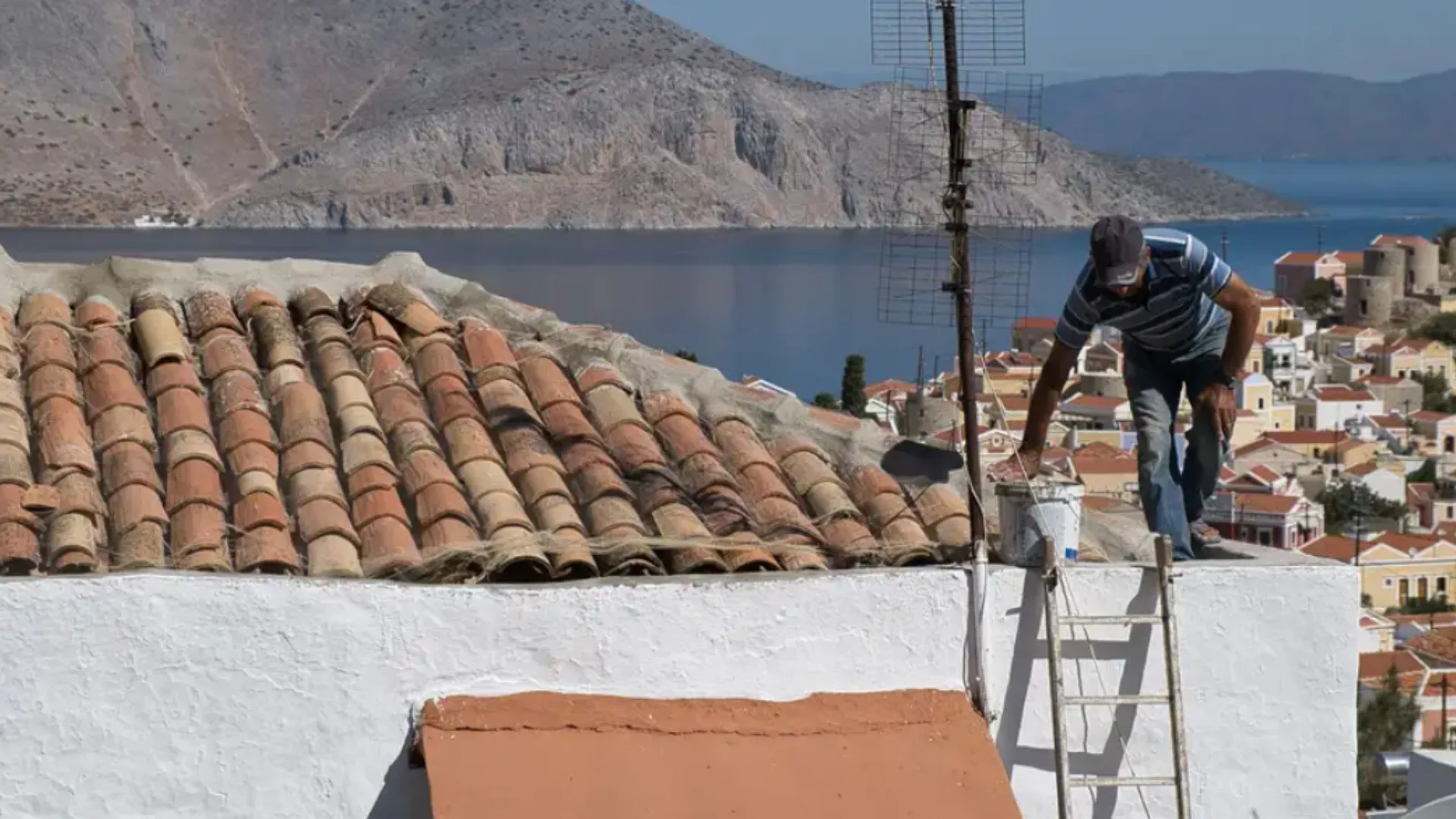Greece has introduced a new law enabling a six-day work scheme which Greek officials say will specifically apply to private businesses providing round-the-clock services.
According to The Guardian the measure which came into force on July 1st, was decried as “barbaric” by unions.
Executive committee member of the civil servants’ union Adedy, Akis Sotiropoulos said it doesn’t make any sense to do it now.
“When almost every other civilised country is enacting a four-day week, Greece decides to go the other way,” Sotiropoulos said.
The pro-business government of Greece’s Prime minister, Kyriakos Mitsotakis, claims the program was rendered essential by the dangers of a decreasing population and a scarcity of skilled workers
“The nucleus of this legislation is worker-friendly, it is deeply growth-oriented and it brings Greece in line with the rest of Europe,” Mitsotakis said.
Like unionists, Greek pensionsers, who have also been encouraged to work under the legislation, have weighed into the debate with their frustration.
“What the government is essentially saying is ‘go and work longer, we’ll turn a blind eye even if you’re a pensioner,’” said Grigoris Kalomoiris who heads the union of retired teachers (Pesek).
Greeks work the longest hours in Europe, putting in an average 41 hours a week according to the EU’s statistics agency, Eurostat, despite surveys also proving that they get paid much less overall.
Source: The Guardian
